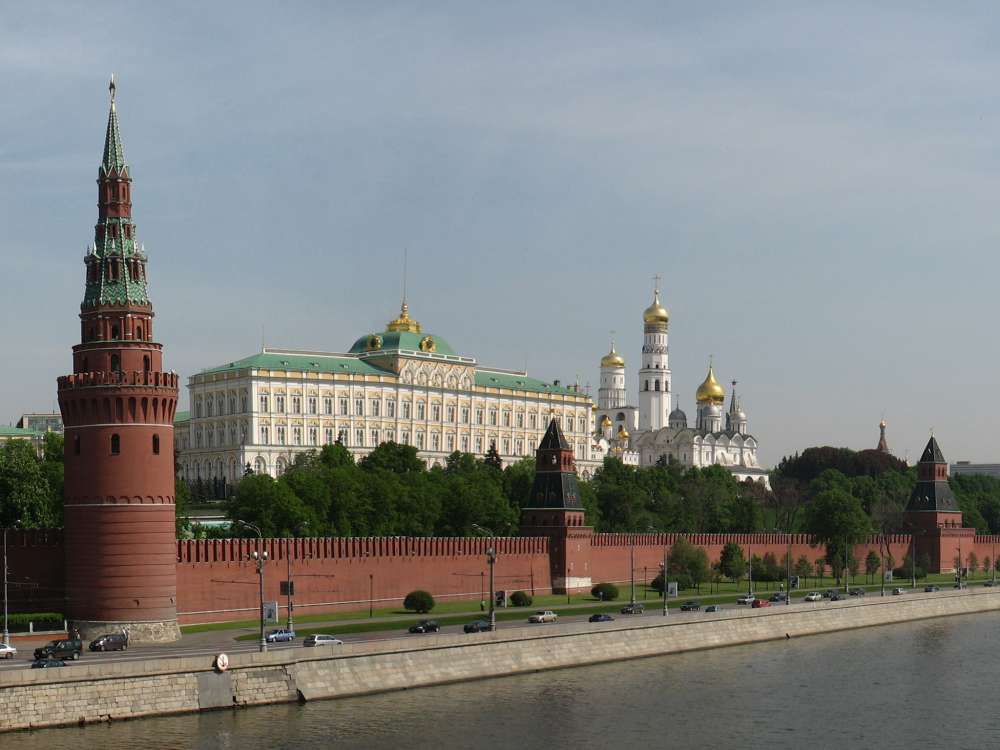The Ministry of Finance and services sector professionals in Cyprus are puzzled over the ultimatum sent from Moscow demanding the renegotiation of the double taxation agreement between the two counties.
Moscow’s goal is to have all interest and dividend payments leaving Russia to incur a 15% tax. Up until now, Cyprus incurred a 5% minimum tax rate on dividends.
Nicosia is especially concerned over the fact that Cyprus is the only country, so far, affected by the shocking news announced by President Vladimir Putin himself 10 days ago.
Also of concern its that all technocratic procedures had been carried out within days so that the ultimatum could be sent to Nicosia within days.
There are other countries with similar tax treaties with Russia and with amounts transacted being much higher than those of Cyprus, yet no such action has been taken.
An example is Holland which applies looser terms on dividends than Cyprus even though it is considered as the number one destination for Russian capital.
So far, Moscow has not requested renegotiation of the treaty either from Holland or Luxembourg whose regime is similar to that of Cyprus.
That’s why Nicosia is now waiting to see whether renegotiation ultimatums will be sent out to other jurisdictions by April 24 – the deadline set by Moscow for a new agreement to be reached. At technocratic level at least.
Cyprus is the first country targeted by Russia, and if it gets to be left alone with a new treaty then many Russian companies will inevitably move to jurisdictions still incurring lower dividends.
If Moscow asks from competitive destinations to renegotiate agreements then the loss to Cyprus will only be Russian companies opting for repatriation and much limited.
In other words, the most determining factor will be Russia’s moves with other competitive destinations over the coming days and weeks.
Nicosia is looking for motives
The Ministries of Finance and of Foreign Affairs are looking for motives behind the recent bomb dropped by Putin, and why Cyprus became Moscow’s number one target.
Analysts believe there are plenty of scenarios behind this move, amongst them being Cyprus’ political turn towards the West over the recent past years.
Even though this could be in the best interests of Russia which should rather seek to maintain and strengthen the good relations it has with Cyprus in view of the region’s geostrategic developments.
That’s why the Foreign Ministry will seek to have political meetings with top-ranking Russian officials to assess the situation.
Phileleftheros has contacted the Russian embassy in Nicosia but they declined to make a comment on this issue.
Putin has said the proposed changes were inevitable because of the consequences on the Russian economy from the coronavirus outbreak. However, it is also possible that the real reason are recent developments in Cyprus that have affected the Russian business community and its relations with Nicosia.
Developments that have soured business relations between the two countries include the haircut on deposits and the directive on shell companies which is believed to have been a strong demand by Americans.
The last straw was probably the revocation of Cypriot passports from controversial Russian investors.
On the other hand, Moscow-based business people to be affected the most are sending reassuring messages to services professionals in Nicosia.
There is the 2013 precedent, afterall, when everyone in Nicosia was worried that the island’s collapse of the banking system and consequent haircut on deposits would have led to an exodus of Russian companies – something that never happened.
Despite the blow, Russian business people had said it was in their interests to stay in Cyprus and not to relocate or repatriate their companies back to Russia. Nonetheless, several companies left Cyprus over the recent past years, but those which did stay have set up concrete infrastructure.
Next steps on hold
Ministry of Finance technocrats and private sector professionals specializing in international tax on Thursday held a teleconference to review recent developments and assess the state of play.
Substantially, no action is expected to take place before the real reasons behind Russia’s move are clarified. Whether there is room for negotiation or not will become clear if and when Moscow asks other countries to renegotiate treaties.
In his letter to the Cypriot authorities, Russian Deputy Finance Minister Alexey Sazanov said Nicosia should respond with either accepting the changes or not by June 15.
And that should the proposed changes be rejected, then Moscow would put in effect the Vienna Treaty and unilaterally cancel the tax agreement.
By Antonis Antoniou
Read more:






